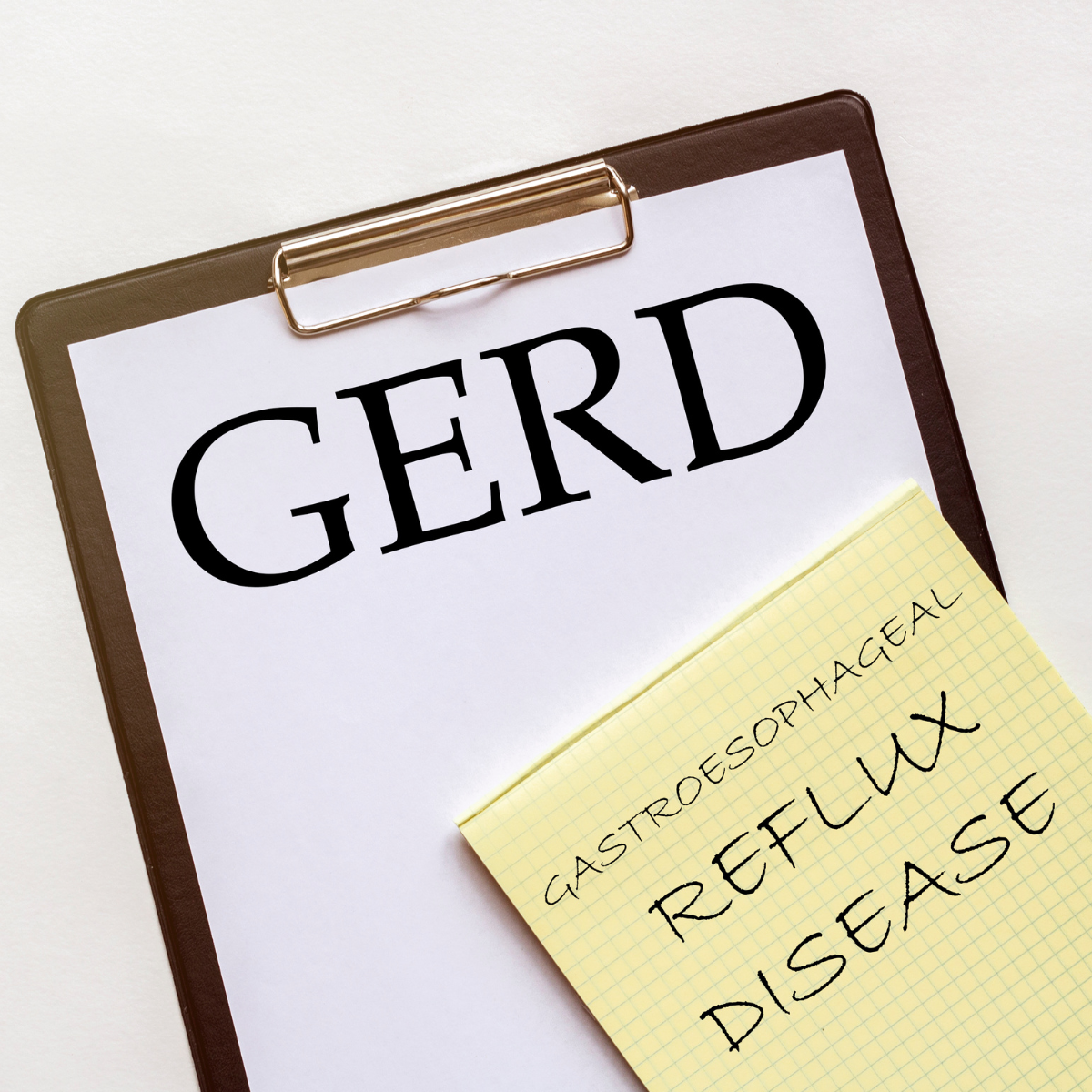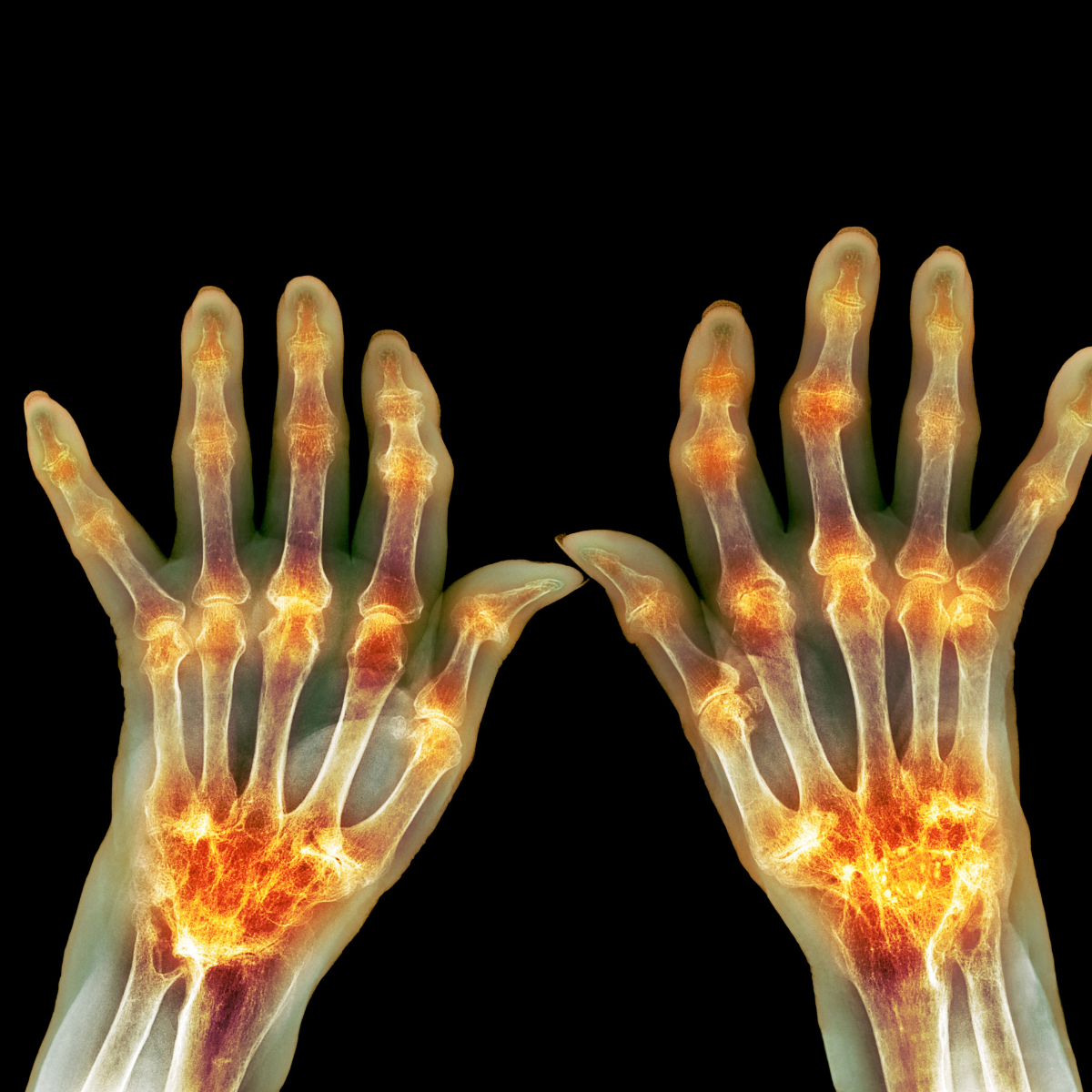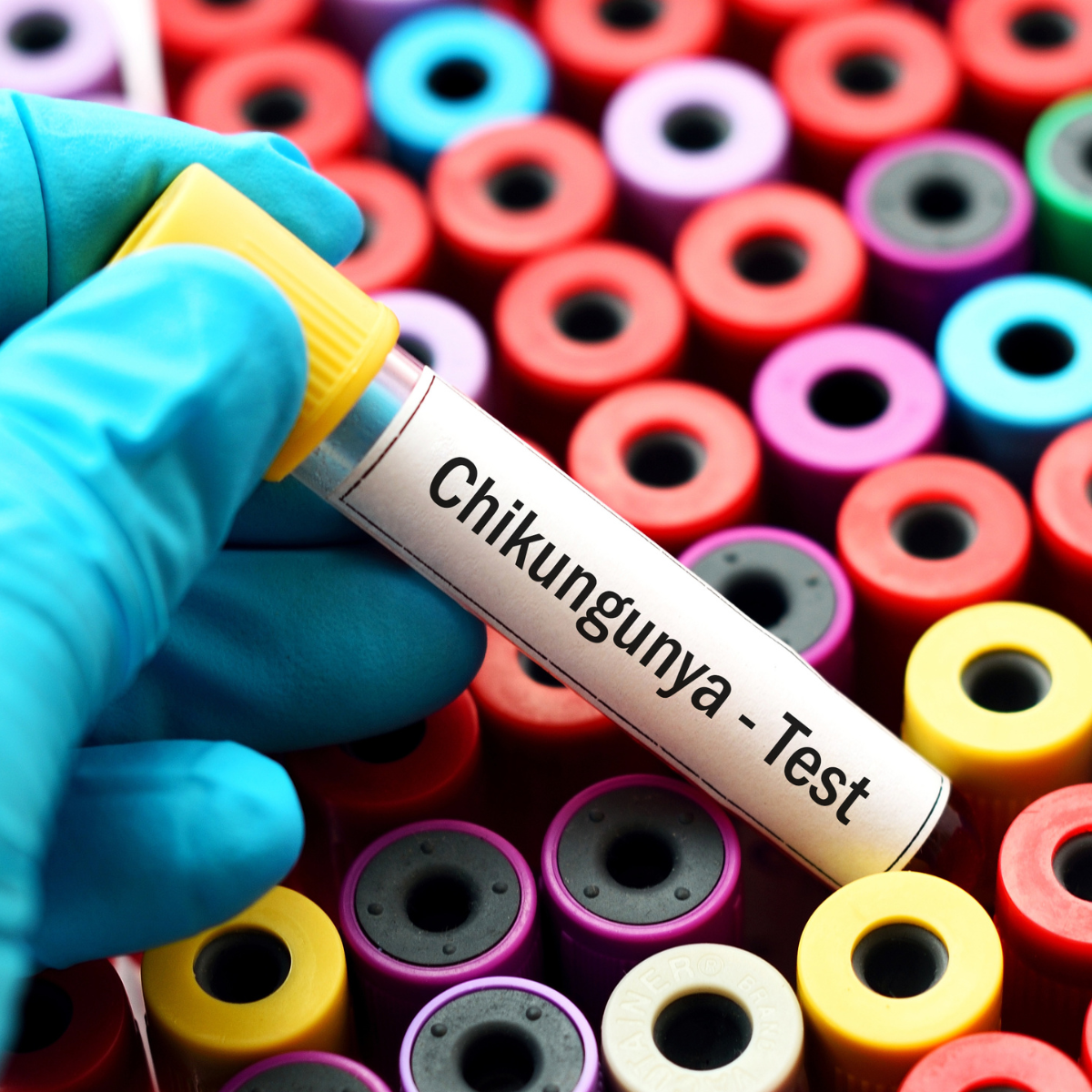
GERD
Guide to Understanding and Managing GERD (Gastroesophageal Reflux Disease)
What Is GERD & Disease Pathology
Simple Explanation:
GERD (Gastroesophageal Reflux Disease) is a condition where stomach acid or contents flow back into the food pipe (esophagus). This backward flow happens because the valve (sphincter) between the stomach and esophagus becomes weak or doesn't close properly, leading to symptoms like heartburn or acid reflux.
What’s Happening Inside the Body?
When you eat, food travels down the esophagus into the stomach. The stomach has acid that helps break down food. Normally, the lower esophageal sphincter (LES) keeps the stomach contents from moving back up. In GERD, this sphincter is weak, allowing acid to rise up into the esophagus, causing discomfort.
Common Underlying Root Causes:
-
Weak or damaged LES
-
Poor diet (high in spicy, fatty, and fried foods)
-
Excessive caffeine, alcohol, and smoking
-
Obesity and pregnancy (increased abdominal pressure)
-
Hiatal hernia (where part of the stomach moves up into the chest)
-
Certain medications that relax the LES
How Common Is It?
GERD affects millions worldwide, with common symptoms appearing in over 10% of the population. It’s especially common among individuals with obesity, older adults, and those who smoke.
Signs & Symptoms
Key Symptoms to Look For:
-
Heartburn (burning sensation in the chest)
-
Regurgitation of acid into the mouth (sour taste)
-
Chest pain
-
Difficulty swallowing
-
Chronic cough or hoarseness
-
Feeling of a lump in the throat
-
Nausea, especially after eating
Line of Treatment from a Nutritional Standpoint
Importance of Relevant Nutrients:
Diet plays a crucial role in managing GERD. Foods that are anti-inflammatory, high in fiber, and low in glycemic index help manage symptoms and protect the digestive tract.
Core Dietary Focus:
-
Anti-inflammatory foods: Such as omega-3 rich foods (salmon, flaxseeds) and antioxidants (berries, leafy greens) can help soothe the esophagus and reduce inflammation.
-
High-fiber foods: Whole grains, vegetables, and fruits help improve digestion and prevent acid reflux.
-
Low-GI foods: These foods help maintain stable blood sugar levels and reduce gastric pressure.
Foods to Include:
-
Oatmeal, bananas, apples (non-citrus fruits), sweet potatoes, lean proteins (chicken, turkey, tofu), leafy greens, and almonds.
Foods to Limit (Not Avoid):
-
Spicy, fried, and fatty foods
-
Citrus fruits (like oranges and tomatoes)
-
Caffeine, chocolate, and alcohol
-
Processed or highly acidic foods
Key Nutrients to Focus On
Deficiencies to Watch for:
-
Magnesium: Essential for muscle function, including the LES, which helps prevent reflux.
-
Zinc: Important for immune function and gut health.
-
Vitamin D & B12: Vital for overall health and digestion.
Myths About Supplements:
Many people believe that supplements alone can cure GERD, but it’s vital to adopt a balanced approach combining diet, lifestyle changes, and medical consultation.
Lifestyle Recommendations
Movement & Sleep Hygiene:
-
Physical Activity: Regular movement like walking or gentle yoga helps reduce weight, which can alleviate GERD symptoms.
-
Sleep Hygiene: Avoid lying down immediately after meals. Elevating the head of the bed by 6-8 inches can help prevent reflux during sleep.
Stress Management Techniques:
-
Practice relaxation exercises, like yoga and deep breathing.
-
Reducing screen time, especially before bed, helps improve sleep quality.
-
Journaling can help manage stress and identify symptom triggers.
What to Track & Relevant Blood Markers
Body Signals to Monitor:
-
Energy levels: Lack of energy can be linked to poor digestion or inadequate nutrient absorption.
-
Digestion: Track symptoms like bloating or discomfort after eating.
-
Mood & Sleep: GERD can impact both; watch for disturbances.
Food/Symptom Journaling:
-
Maintain a journal to note what you eat and any subsequent symptoms (heartburn, regurgitation) to identify triggers.
Relevant Lab Markers to Monitor:
-
TSH (for thyroid function)
-
HbA1c (if diabetes is a concern)
-
Magnesium, Zinc, and Vitamin D levels for deficiencies
Frequency:
Blood tests are usually recommended if symptoms persist or worsen. Your healthcare provider may suggest tests for specific deficiencies or conditions related to GERD.
Book a Consultation
To discuss your GERD symptoms and get personalized advice, schedule a consultation with a specialist.
📅Click here to Book your free 30-minute consultation
What to Expect From the Consultation:
During your consultation, the team/ doctor will:
-
Discuss your symptoms and medical history
-
Recommend lifestyle and dietary changes
-
Perform relevant tests or recommend further evaluations (like endoscopy)
-
Suggest a treatment plan tailored to your needs
For more in-depth insights, watch Dr. Umesh Wadwani's detailed video on GERD here:
Watch Here











